Addiction science advocates combine scientific research with political support to help expand access to addiction treatment. A paper published in the International Journal of Drug Policy describes addiction science advocacy as a way to “translate scientific findings into public policy and thereby reduce the harmful consequences of drug problems.”
Advocacy Groups
Advocacy groups work to influence public opinion and affect policy change through public education, research, lobbying, policy briefings, media campaigns, and other methods.
The Association for Addiction Professionals (NAADAC) represents a wide variety of addiction services professionals, including counselors, administrators, social workers and others who are active in counseling, prevention, intervention, treatment, education, and research. Members are united by the common goal of achieving positive outcomes in alcohol and drug treatment services and working together to be advocates for positive change by influencing public policy for addiction treatment reform.
The Association works with key government agencies to push for legislation, research, and funding for “effective, science-based, clinically appropriate care for all who suffer from substance use/addiction disorder and co-occurring diseases.”
NAADAC, in partnership with many other organizations, works to educate both the public and policymakers on addiction issues. Listed below is some of the current pending legislation NAADAC is supporting. See their website for more detailed descriptions.
- H.R. 6, the Substance Use-Disorder Prevention that Promotes Opioid Recovery and Treatment (SUPPORT) for Patients and Communities Act: expands treatment and recovery services, improves prevention, and bolsters efforts to fight deadly synthetic drugs like fentanyl.
- Bipartisan Health Care Stabilization Act: ensures affordable access for health and mental health care at parity with medical/surgical benefits.
- Road to Recovery Act: allows residential treatment facilities to have increased funding available for all types of treatment, become more self-sustainable, increase the quality of their work.
- The Medicaid Coverage for Addiction Recovery Expansion (Medicaid CARE) Act: allows Medicaid coverage in residential treatment facilities with up to 40 beds for up to 60 days, and will allow for other medical services to be covered.
- Mental Health Access Improvement Plan: allows marriage and family therapists (MFTs) and licensed mental health counselors to directly bill Medicare for their services.
- Full Funding for the Comprehensive Addiction and Recovery Act (CARA): ensures that the Affordable Care Act is not repealed until there is a substantive replacement that meets the needs of those with substance use and co-occurring disorders and that insurance parity for substance use and co-occurring disorders are fairly and effectively implemented and monitored.
In July 2016, President Obama signed the Comprehensive Addiction and Recovery Act (CARA). This was primarily in response to the opioid crisis and encompassed several areas of federal reform. In fact, it was the first large-scale addiction legislation in 40 years.
CARA authorized more than $181 million in additional funding per year for prevention, treatment, recovery, law enforcement, criminal justice reform, and overdose reversal.
A summary of CARA provisions includes:
- Expand prevention and educational efforts—particularly aimed at teens, parents and other caretakers, and aging populations—to prevent the use of methamphetamines, opioids and heroin, and to promote treatment and recovery.
- Expand the availability of naloxone to law enforcement agencies and other first responders to help in the reversal of overdoses to save lives.
- Expand resources to identify and treat incarcerated individuals suffering from addiction disorders promptly by collaborating with criminal justice stakeholders and by providing evidence-based treatment.
- Expand disposal sites for unwanted prescription medications to keep them out of the hands of children and adolescents.
- Launch an evidence-based opioid and heroin treatment and intervention program to expand best practices throughout the country.
- Launch a medication-assisted treatment and intervention demonstration program.
- Strengthen prescription drug monitoring programs to help states monitor and track prescription drug diversion and to help at-risk individuals access services.
Another advocacy group is Shatterproof, a national nonprofit organization that combats addiction.
The Shatterproof website lists their current federal advocacy priorities:
- Evidence-based treatment that is accessible for all
- Common-sense prevention ensuring that doctors are fully aware of patient prescribing history and current medications
- Better provider training on substance use disorders
- Utilization of innovative approaches, new technology, and incentives for better care
- Implementation of H.R.6 Support Act – promotes opioid recovery and treatment for patients and communities
Download a copy of the Shatterproof State Advocacy Toolkit to learn how each of us can become an advocate for change and potentially save thousands of lives.
Turning Point of Tampa is fully committed to advocating for the best in addiction treatment. We are proud to be an active member of the National Association of Addiction Treatment Providers (NAATP), a nonprofit professional society of top treatment providers throughout the continuum of care.
NAATP serves the addiction treatment industry by advocating for law and policy treatment quality, quantity, and access. See policy updates for information on key issues.
Turning Point of Tampa’s goal is to always provide a safe environment and a solid foundation in 12-Step recovery, in tandem with quality individual therapy and groups. We have been offering Licensed Residential Treatment for Addiction, Eating Disorders and Dual Diagnosis in Tampa since 1987.


